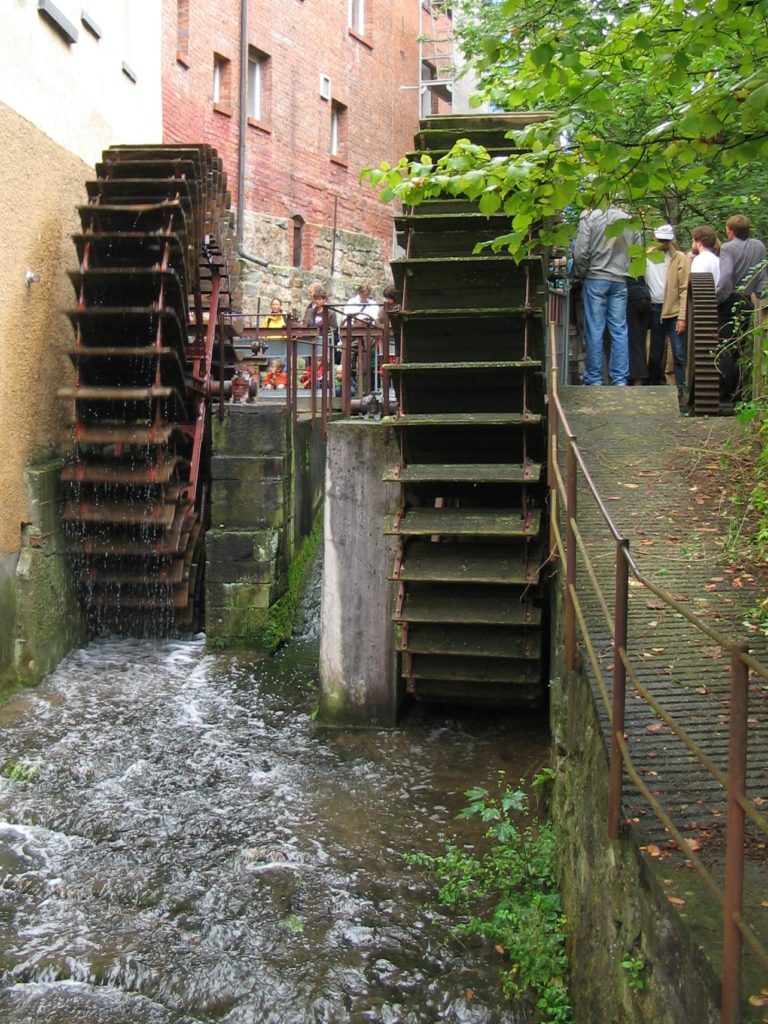Last updated: September 16, 2019
Hydraulics is the science of flowing and stationary fluid (liquid). It can be understand as the generation of force and motion by hydraulic fluid.
The word hydraulic comes from two Greek words “Hydor” which means water and “Aulos” which means pipe. Hydraulics definition may be as simple as it defines here but it has a very wide application.
Historical Development
Human already started the use of hydraulic in ancient time in the form of the water wheel at around 350 BCE. According to the author and historian Helaine Selin, there is evidence that ancient people from the Persian Empire were using the water wheel for millstones. The water wheels still are in use with today’s advanced technologies. Moreover, in 6 BCE human started irrigation system that played an important role for civilisation like Mesopotamia.

Development in hydraulics in the modern era
Blaise Pascal a French physician studied about the fluid hydrostatic nature and laid the foundation of industrial hydraulics in 1653. By using Pascal’s law British engineer Joseph Bramah invented hydraulic press in the year of 1795.
Later, William George Armstrong an English industrialist and engineer invented hydraulic accumulator in 1851. When hydraulic pressure was not available he used weighted accumulator for pressurised flow. Although he first used his accumulator in his hydraulic cranes, later it found in many applications.
In 1905 two American engineers Reynold Janney and Harvey D Williams first used mineral oil in the hydrostatic transmission in the axial piston design. In this way, the use of oil in the hydraulic system begins.
After oil hydraulic invented, The world of hydraulic grows very rapidly. We begin to use hydraulic in agriculture, construction like excavators, cranes etc, Industrial uses, in automobile, in aerospace and many more.
Now, because hydraulic are using every field, in order to classify the possibilities of uses we can divide it into two categories.
- Industrial Hydraulics.
- Mobile Hydraulics.